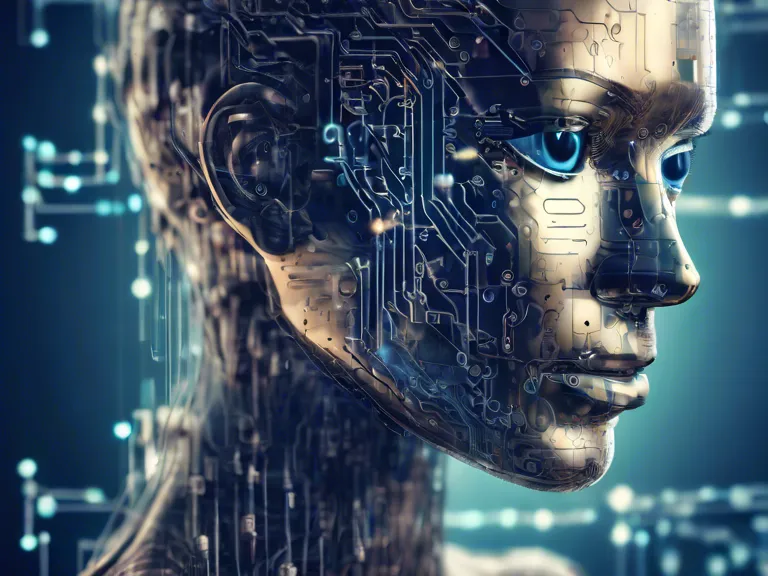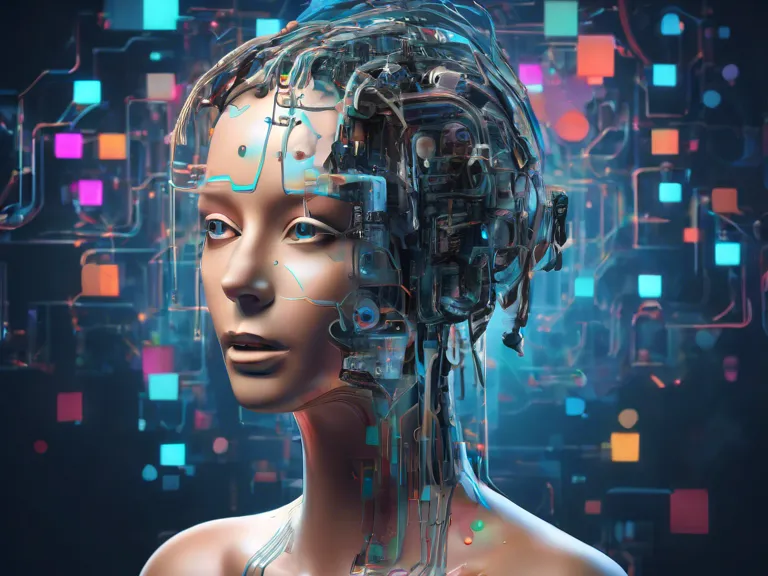
Ethical AI: Navigating the Challenges of Bias and Privacy
Artificial Intelligence (AI) has transformed the way we live and work, offering tremendous opportunities for innovation and efficiency. However, the increasing reliance on AI systems brings to light critical ethical concerns related to bias and privacy. As AI technologies continue to evolve, it is essential to address these challenges to ensure the responsible development and deployment of AI systems.
One of the key challenges in the realm of AI ethics is bias. AI algorithms are trained on vast amounts of data, which can reflect existing biases present in society. This inherent bias can result in discriminatory outcomes in areas such as hiring, lending, and criminal justice. Addressing bias in AI requires a multidisciplinary approach involving data scientists, ethicists, policymakers, and other stakeholders. Techniques such as fairness-aware machine learning and algorithm auditing can help identify and mitigate biases in AI systems.
Privacy is another crucial ethical consideration in AI development. AI systems often collect and analyze vast amounts of personal data, raising concerns about surveillance and data misuse. To address these privacy concerns, developers must prioritize data protection and transparency. Implementing techniques such as differential privacy and federated learning can help safeguard sensitive information while still enabling AI systems to perform effectively.
Navigating the challenges of bias and privacy in AI requires a comprehensive ethical framework that prioritizes fairness, transparency, and accountability. Policymakers play a critical role in shaping regulations and guidelines that promote ethical AI practices. Organizations must also prioritize ethical considerations in AI development, ensuring that their systems are designed and deployed in a responsible manner.
By addressing the challenges of bias and privacy in AI, we can harness the full potential of AI technologies while also upholding ethical principles and safeguarding the rights of individuals. By fostering a culture of ethical AI development, we can create a future where AI systems benefit society as a whole while minimizing harm and promoting fairness.



